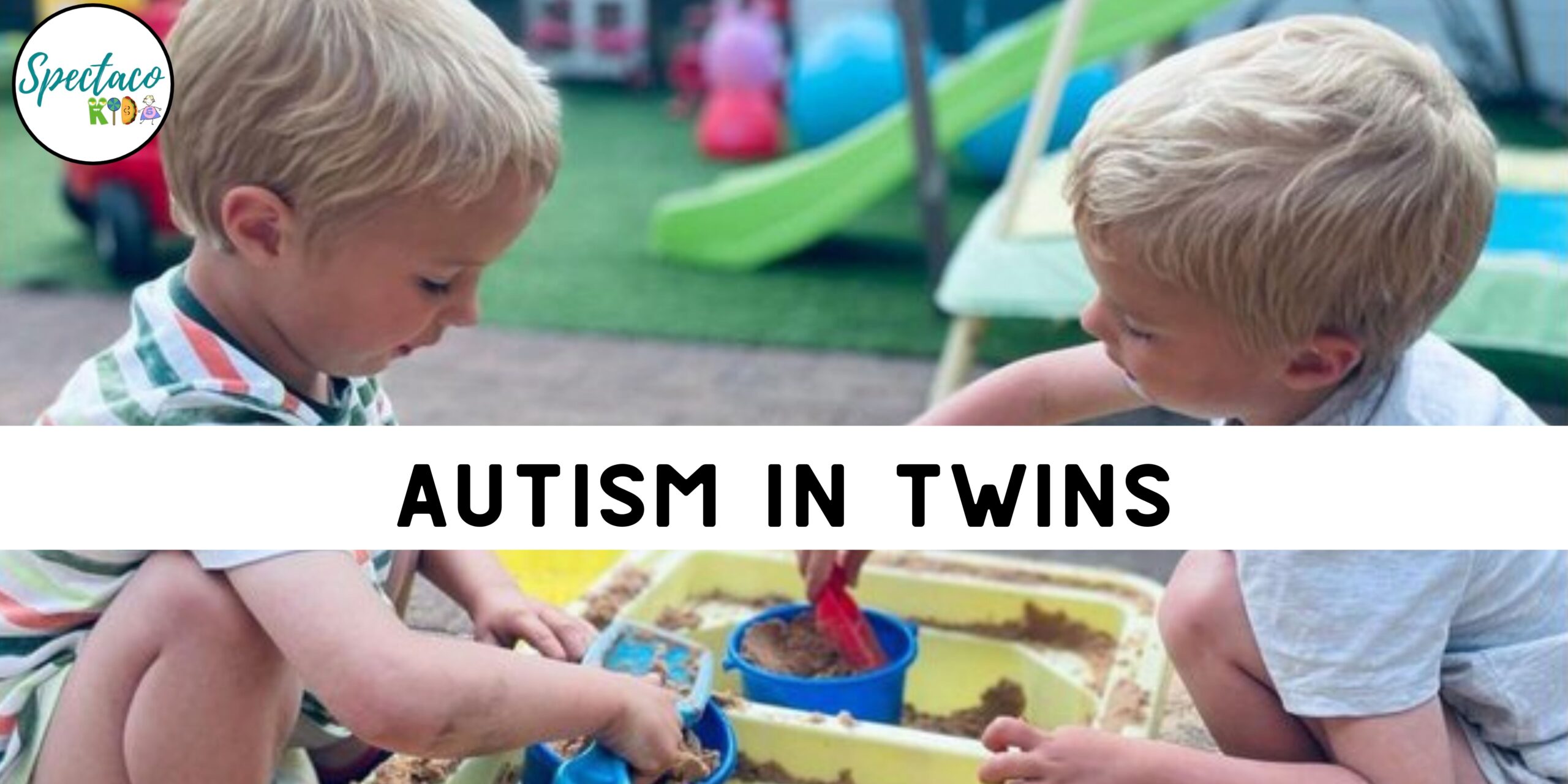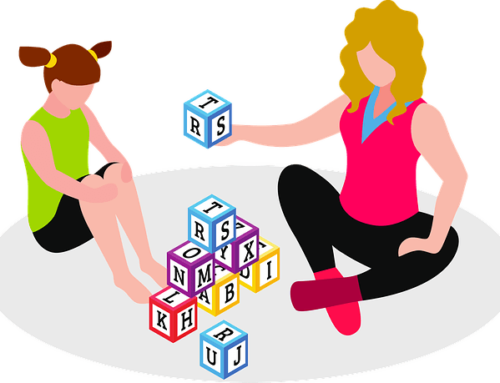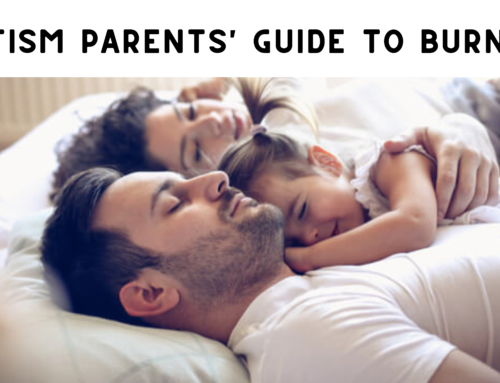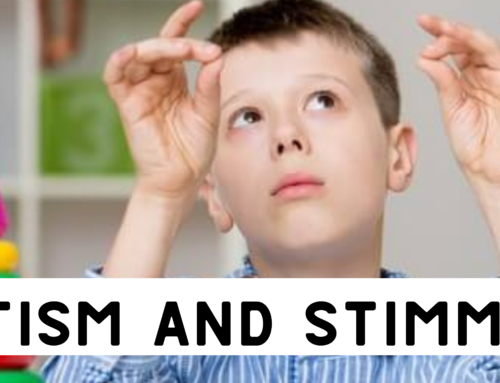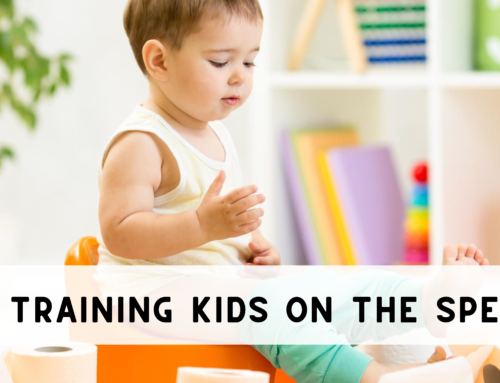What is Autism?
Autism or ASD is a developmental disorder that affects the way a person interacts, behaves, and learns new things. Typically, people on the spectrum show a variety of behaviors, some of which include:
- avoiding eye contact
- sticking to a routine
- unable to learn new things easily
- strong likes and dislikes
- avoid talking to new people
How Likely Are Twins To Be Diagnosed With Autism?
Research has shown that identical twins are more likely to be diagnosed with autism, than fraternal twins. Researchers have identified that if one twin has autism, there is a 96% probability that the other will have it too.
How Does Autism Vary Between Identical vs Fraternal Twins?
The probability of both twins developing ASD is higher in identical pairs as opposed to that of fraternal ones. The percentage of fraternal twins with ASD is estimated to be around 34% in same gender twins and 18% in opposite gender twins. This is because of 2 reasons:
- girls are less likely to develop autism than boys, hence, making it probable for one twin to not develop ASD.
- fraternal twins share 50% of the genes (as opposed to identical twins who share all the same genes), thus, attributing to this difference
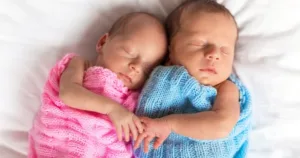
Does Autism Affect Each Of the Identical Twins the Same Way?
No – Identical twins on the spectrum may show varying symptoms. It is also possible that one twin might start showing symptoms earlier than the other. Additionally, the severity of autism symptoms in each twin can also vary greatly, despite them sharing the same genes.
Do Twins with ASD Experience Greater Symptom Severity Than Those Without?
Research suggests that identical twins with ASD typically show different symptoms and traits as compared to identical twins born without ASD. The likelihood of the latter developing similar traits and symptoms is higher than twins with ASD.
How Likely Is It For Autism To Be Inherited?
Autism has a high heritability rate, which is why it is more likely to be passed down in families where someone has been diagnosed with ASD. This amounts to about an 85% chance of it being carried into future generations. It is estimated that every 1 in 5 siblings of a child with ASD is also likely to be at risk of developing ASD. The probability is higher for those who are an identical twin with ASD.
Are Genetic Factors Solely Responsible For Autism?
While genes play a major role in determining the development, scientists have recently shed light on the importance of non-genetic factors that may affect how autism develops in an individual. These have been labelled as “environmental factors” and researchers have concluded that environmental factors add up to about 58% of the risk of ASD. However, the genetic factors have been concluded to be responsible for more severe symptoms linked to ASD than other less severe ones. In the meanwhile, further research is being conducted in this field to navigate the environmental effects on autism in greater detail.

What are These So-Called “Environmental Factors”?
The environment is generally associated with everything around you – your surroundings, people, events in your life etc. Some of the factors that pose that risk of autism in newborn children are listed below:
- Poor (physical and mental) health of the mother during pregnancy
- Infections during pregnancy
- Exposure to certain harsh chemicals/medicines
- Air pollutants
- Poor housing environment
- Limited access to finances and healthcare
- Maternal vitamin deficiency
- Complications in delivery
- Extreme stress/anxiety/depression during prenatal phase

When Do Environmental Factors Start Having An Impact on People On The Spectrum?
We are always surrounded by the environment, so it is evident that these factors are inevitably present all around us, hence, they begin in the early developmental years of the child.
How Do These Environmental Factors Affects Twins?
Studies suggest that fraternal twins who share the same environment before birth but have different DNA, have a greater tendency to be diagnosed with ASD rather than siblings who aren’t twins. Although limited research is available, so far it has been found that, environmental influences can also affect the severity of symptoms in people on the spectrum, even twins (despite them sharing the same DNA and ideally share the same environment both before and after birth initially).
While research in this field is still being conducted, it is evident that identical twins, due to their identical gene pool are more likely to be diagnosed with autism than fraternal twins, with the probability being higher amongst boys than in in girls.
For more information, follow us on Instagram or visit our website!
